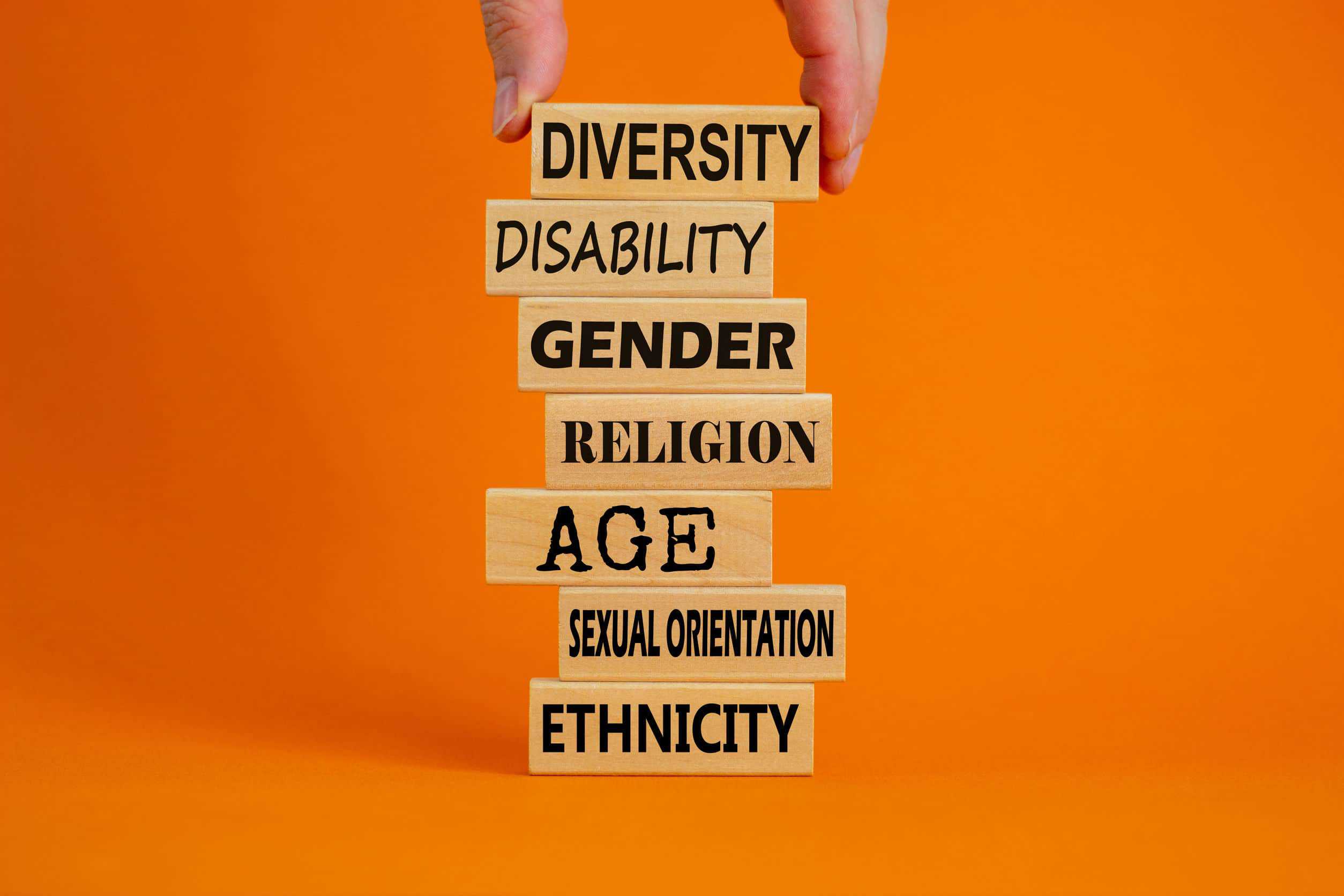Diversity without inclusion is a mistake that will cause your diversity initiatives to fail. When your diverse talent doesn’t feel seen, heard, or included, they will leave and take their talent elsewhere. When inclusion initiatives are successful, everyone will naturally feel supported and included. Real inclusion removes all barriers of discrimination and intolerance. You must keep inclusion in focus while building your diversity and inclusion programs. Inclusive leadership at all management levels is the best way to improve workplace inclusion.
It is crucial to understand how diversity and inclusion differ. Many well-intentioned leaders prioritize diversity while neglecting workplace inclusion. Doing so results in disappointing outcomes that undermine diversity and inclusion initiatives. Diversity is a collective mixture of differences and similarities, such as experiences, backgrounds, preferences, behaviors, values, etc. At the same time, inclusion increases all employees’ participation and contribution because it is a collaborative, supportive, and respectful environment. Employees can reach their full potential when a business creates a safe and inclusive workplace.
What is inclusive leadership?
Leaders must create a safe team environment where all employees can speak up, be heard, and, more importantly, feel welcomed. Inclusive leaders encourage workplace inclusion by actively seeking input from employees whose backgrounds or experiences differ from their own. Inclusive leadership fosters collaboration between diverse staff. Additionally, they will ask questions of all team members to gather everyone’s input.
Further, inclusive leadership facilitates constructive arguments and acts upon the advice of diverse employees. Inclusive leaders value and reward authenticity over conformity. What are the traits of an inclusive leader?
Characteristics of inclusive leadership
Definitions of inclusive leadership vary globally. The characteristics provided below are a great way to develop inclusive behaviors within yourself and the management team. Additionally, they encourage diversity, so they will positively impact your diversity and inclusion initiatives.
Commitment to diversity and values
Inclusive leaders are naturally committed to diversity and are driven by their values. They operate with a strong sense of fairness based on personal experience. Inclusive leaders strongly desire to model the way and take ownership of the change they want to see within their organization. Often, their actions send strong signals of commitment because they help everyone feel welcomed and involved.
Courage to challenge attitudes and display humility
Inclusive leadership challenges the stagnating attitudes that are deeply rooted in the organization. They are unafraid of making recommendations against the chorus of popular opinion. Inclusive leaders embrace humility by readily raising their hand when a task is beyond their skillset and will recruit others to overcome them. Even more, they dare to hold others accountable when they observe actions against diversity and inclusion.
Inclusive leadership is conscious of biases
They are conscious of their biases and, more importantly, the biases of those they lead. Inclusive leaders deeply understand the impact personal biases have on their decision-making. They make valiant efforts to identify their own biases and learn ways to prevent them from influencing their decisions. Furthermore, they learn the biases of those they lead to provide coaching and guidance to help bring awareness to them. Inclusive leadership develops systems and processes that limit the organization’s biases from stalling diversity and inclusion initiatives.
Curiosity to learn and seek exposure to differences
Not only are they curious to learn, inclusive leaders actively seek exposure to differences. Their passion for learning, open-mindedness, and desire for other perspectives minimize their blind spots. Inclusive leaders have access to a more diverse array of viewpoints. They possess the ability to engage in respectful questioning and active listening, allowing them to combine a wide range of ideas. These actions of inclusive leadership help people around them feel valued, respected, heard and represented. Additionally, they refrain from making snap judgments because they know doing so kills the flow of ideas and is usually rooted in bias.
Collaborative
Inclusive leadership is all about collaboration, and they understand that effective collaboration requires everyone to feel empowered to share and contribute. Inclusive leaders pay attention to the diversity of thinking and psychological safety and focus on team cohesion. To that end, they encourage everyone to participate and are keenly aware of those who aren’t contributing. As a result, they go out of their way to invite people to share their thoughts and ideas. Additionally, inclusive leaders promote team unity by creating group identity and shared goals and highlighting the value of each team member’s knowledge and capabilities.
Cultural awareness
Awareness of other cultural norms is essential for inclusive leadership. An astute knowledge of culture allows them to adjust their style in response to different cultural norms. Inclusive leaders regulate their speed and tone of speech and modify non-verbal gestures, facial expressions, and body language as situations dictate. Moreover, inclusive leaders are aware of their own culture and how that shapes the lens through which they view the world, including how cultural stereotypes influence their expectations of others.
Inclusive leadership is a critical capability to leverage within all levels of management. It helps diversity and inclusion initiatives be more successful because they can actively guide others and challenge the status quo. Today’s workforce is increasingly operating in diverse markets with diverse customers and talent, requiring a more inclusive leadership style.
Awareness is critical to self-development. Curiosity, humility, empathy, and perspective-taking are the foundation of becoming an inclusive leader. These characteristics are vital for leaders’ personal development and help others feel more included, which is the objective of diversity and inclusion.
Last updated on August 27th, 2022 at 07:02 am


